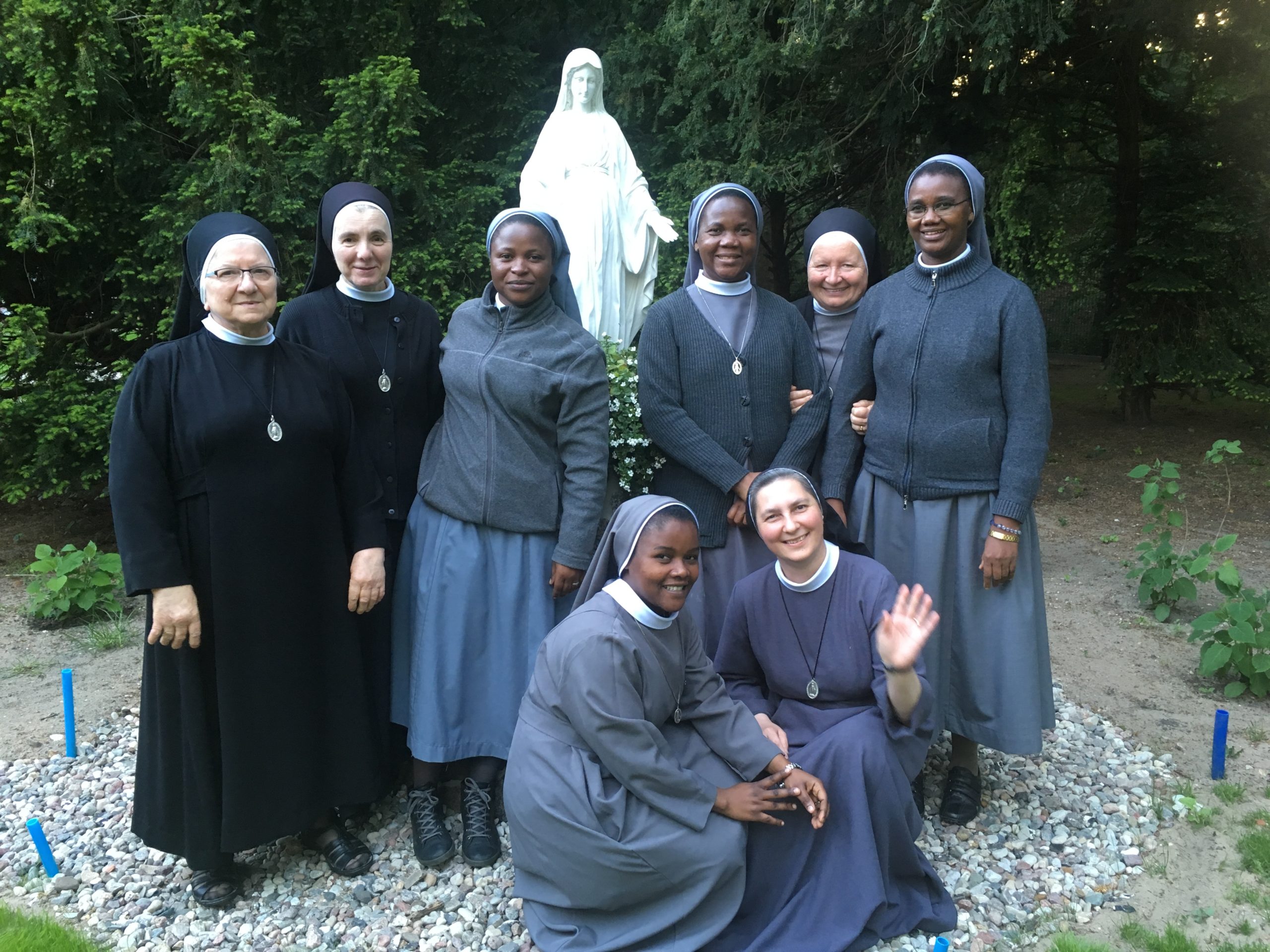Start with a spiritual exercise. Ask yourself: What is the value of a community for you, or more specifically: what is the value for you of this community in which you now live or in which you previously lived? And I’ll tell you right away: Don’t just look at this question in theory, but in everyday practical life.
I think that the pursuit of unity depends largely on the value you place on community. If the community is of value to you (and not only on paper in a constitution, but in everyday life), then you will also want to meet the concerns of the founder, Rev. Johannes Schneider, and seek and deepen the unity.
1 + 1 + 1 = 3
Why do people form a community?
There are many good reasons for joining a community:
– Strength in togetherness
Men and women can very quickly be overwhelmed by tasks, difficulties and hardship. The experience of not being alone strengthens everyone in what they do. You can achieve more together than alone.
– Difference in diversity
Creativity plays a big role in our lives. This applies to the design of everyday life as well as to solving problems. Working groups are therefore often formed. A community is a good space in which ideas can grow and develop.
– Joy in the community
By joining forces (e.g. when doing sports and games, experiencing nature, making music and singing, while traveling) people experience a lot of joy.
All of these experiences can be summed up briefly: Community strengthens and helps the individual. Or expressed mathematically: 1 + 1 + 1 = 3
More than the sum of the individuals
The criteria just mentioned speak in favor of a community, but are not necessarily mandatory for such a community. Each individual could also live a spiritual life without belonging to a community. You can also see and experience that: that a community is only sought and lived when I have a need (e.g. need for support). – But I dare to say that this alone is not enough to strive for unity. That is only possible if I see something “more” in the community that is valuable and worth striving for to me.
The value of communication
The following exercises were carried out at marriage seminars: Each couple should build a house with already labeled blocks. What was important to them was put in the foundation, what seemed unimportant to them was put on the rubble. The houses were then presented. Many couples have reported that it was not the presentation of the finished house that was decisive, but that the communication that took place during the construction of the house was particularly valuable.
The value of the superfluous
There is a great temptation to distinguish what is necessary from what is not necessary in life and to separate yourself from everything that is not necessary: I do not need that, it is superfluous.
An interesting experiment in addition. To stand you need a few square centimeters of earth on which you have placed your feet. But if the earth (or better: the ground) were withdrawn from you all around, you would quickly get dizzy and scared. Even if I don’t need the floor around me to stand, they give me support and are important.
Spiritual exercise: collect in a table (with 2 columns) what is absolutely necessary and what is not absolutely necessary at first. And then go to the second column (not necessary) and see what value these things have for you.
The value of others
The strongest motivation for the value of the community still seems to me to be the appreciation of the individual. Joining a community is often shaped by the appreciation of another. Incidentally, calling stories also often have their origins in the fact that I learned to appreciate and love someone.
Search and deepen the unity
The value I see in the community is a good motivation to strive for and deepen unity. To put it provocatively: whoever sees the community as merely a functional association will use every opportunity to step out of the community internally and perhaps also externally. Conversely, however, the value that a community has for me can promote my own identification with the community and deepen my contribution to unity. Or again expressed mathematically: 1 + 1 + 1 = 4.
Prelate Dr. Stefan Dybowski
June 17th, 2021 monthly lecture St. Augustinus Monastery, Berlin-Lankwitz

